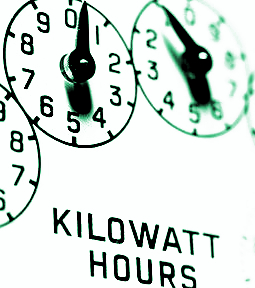Power bill issues loom
 Consumer advocates say Australian households are struggling to cope with rising power bills.
Consumer advocates say Australian households are struggling to cope with rising power bills.
The Public Interest Advocacy Centre (PIAC) says many are reporting bill increases in the hundreds of dollars, often at the same time as they have lost jobs and income due to COVID-19.
The groups say people are beginning to go without essential energy use for heating, cooling, and even bathing.
The Australian Energy Regulator (AER) says almost 200,000 people across six states and territories are on payment plans, or have had to defer paying their bills altogether.
AER chair Clare Savage says the growing household energy debt is concerning.
“We look at the 90-day debt data — that's when you've had a bill outstanding for 90 days or more — [and] the average debt for those customers was about $960 in March,” she said.
“It's increased to over $1,100 now.”
These stats, like many others, have been propped up by JobSeeker, JobKeeper and state government concession and support programmes.
This suggests that when these schemes run dry, the issue will increase.
The authorities warn that the true impact will be felt in coming months.
Sarah McNamara from the Australian Energy Council says retailers are trying to help, but are feeling the costs themselves.
“We don't think it's a good result for customers or retailers if debt levels are rising without some customers paying anything at all, that just makes the situation more stressful for everyone,” she said.
“Retailers are working really hard to communicate with their customers and their phone lines are open to have that conversation that will help people start to pay down those bills, even if it's just a small amount per week.”







 Print
Print